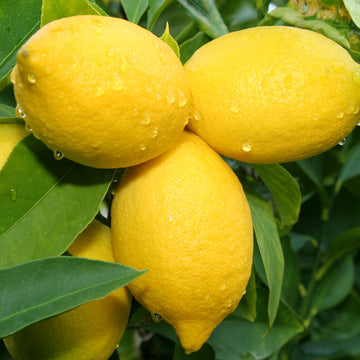
Cinnamomum Cassia (Cassia Oil)
Cinnamomum Cassia (Cassia Oil): Nature's Aromatic Powerhouse
Cinnamomum cassia, commonly known as cassia oil or Chinese cinnamon oil, is a potent essential oil widely used in personal care products and aromatherapy. This ingredient offers numerous benefits while maintaining a generally positive safety profile when used appropriately.
What is Cinnamomum Cassia (Cassia Oil)?
Cassia oil is an essential oil extracted from the bark of the Cinnamomum cassia tree, which is native to southern China and parts of Southeast Asia. It's a pale yellow to brownish liquid with a strong, warm, and spicy aroma reminiscent of cinnamon. Cassia oil is known for its high cinnamaldehyde content, which contributes to its distinctive scent and therapeutic properties.
How is Cassia Oil Extracted?
Cassia oil is typically obtained through steam distillation of the bark of the Cinnamomum cassia tree. The process involves:
- Harvesting the bark from mature cassia trees
- Cutting the bark into small pieces
- Subjecting the bark to steam distillation
- Collecting and separating the resulting oil from the water
This method ensures the extraction of the essential oil while preserving its beneficial compounds.
What Does Cassia Oil Do?
Cassia oil boasts several advantageous properties in personal care and aromatherapy applications:
- Antimicrobial action: It exhibits strong antibacterial and antifungal properties.
- Aromatic benefits: Its warm, spicy scent can help promote feelings of warmth and comfort.
- Circulation support: When diluted and applied topically, it may help improve local blood circulation.
- Digestive aid: In aromatherapy, it's believed to support healthy digestion when inhaled or diluted and applied to the abdomen.
- Mood enhancement: The oil's aroma may help uplift mood and reduce stress.
Safety Profile of Cassia Oil
When used appropriately, cassia oil is generally considered safe for aromatherapy and personal care applications:
- Dilution is crucial: Cassia oil should always be diluted before topical use due to its potency.
- Potential skin irritant: It may cause skin irritation in some individuals, especially when used undiluted.
- Pregnancy and breastfeeding: Pregnant and breastfeeding women should consult a healthcare professional before use.
- Drug interactions: May interact with certain medications; consult a healthcare provider if you're taking any medications.
- Not for internal use: Cassia oil is not recommended for internal consumption without professional guidance.
As with any essential oil, it's important to perform a patch test before widespread use and discontinue if any adverse reactions occur.
Applications of Cassia Oil
Thanks to its versatile properties, cassia oil finds application in various products and practices:
- Aromatherapy diffusers and blends
- Massage oils (when properly diluted)
- Personal care products like soaps and lotions
- Home cleaning solutions
- Candles and air fresheners
- Flavoring agent in the food industry (in minute quantities)
Conclusion
In summary, cinnamomum cassia (cassia oil) is a potent essential oil that offers a range of benefits in aromatherapy and personal care applications. Its warm, spicy aroma and potential therapeutic properties make it a valuable ingredient in various products. While it's generally safe when used appropriately, it's important to respect its potency and follow proper dilution and usage guidelines to ensure a positive experience with this aromatic powerhouse.


